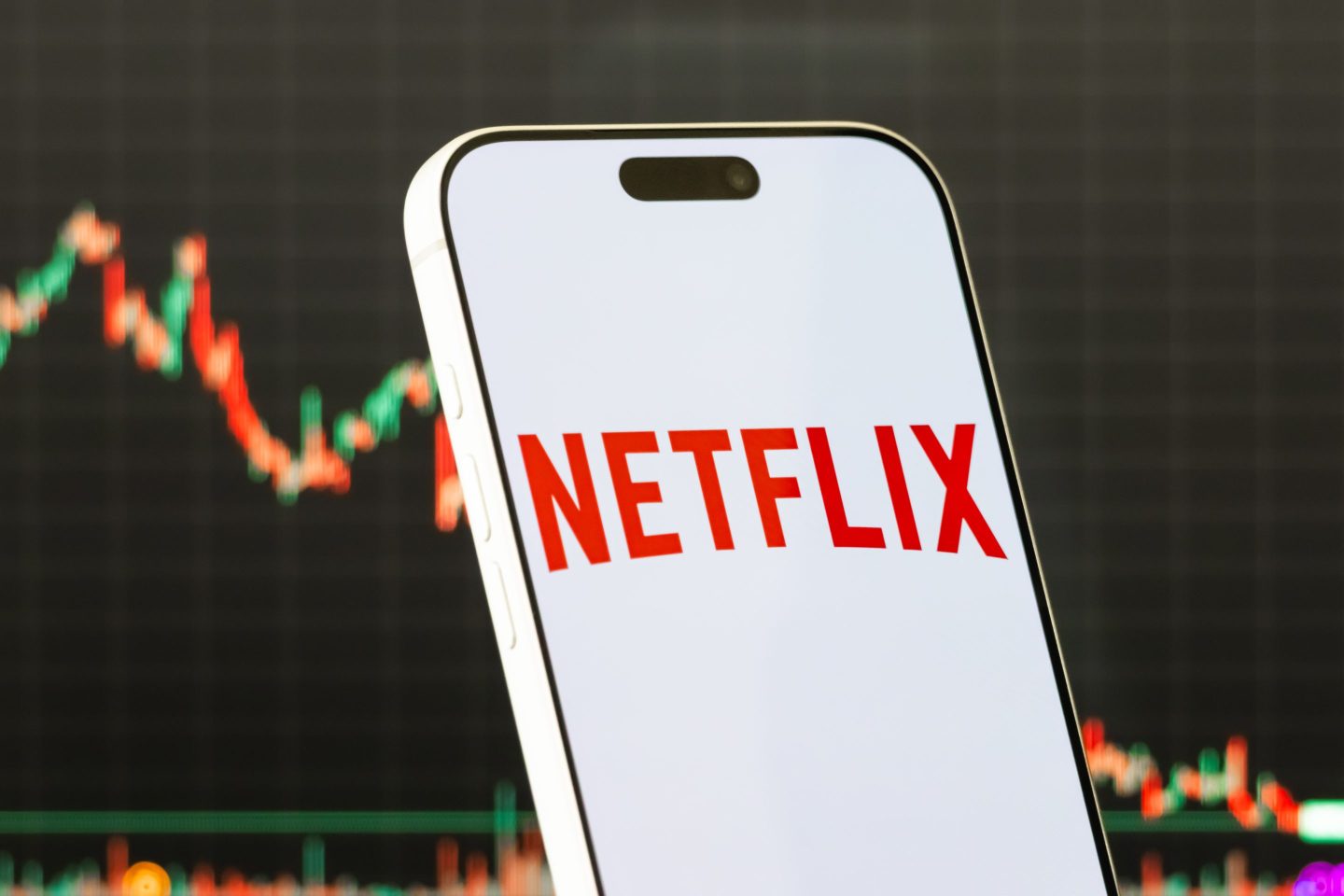Last week we discussed election security. Let’s dig a little deeper into divisions provoked by one of the major pieces of proposed legislation, the Securing America’s Federal Elections Act. The bill has lately become a political flashpoint, blocked by Senate Majority Leader Mitch McConnell of Kentucky, who ostensibly fears further federalizing elections more than he fears the subversion of American democracy through hacking, foreign interference, or other hi-jinx.
The bill primarily aims to require states to use voting machines that are up-to-date, not Internet-connected, made in America, and produce paper-based, voter-verifiable ballots. These are all sensible criteria, and it’s hard to argue against their adoption. In addition, the bill would earmark federal funds to help states get the new gear in place by 2020—a more contentious component. (See also this Wall Street Journal editorial which lays out other gripes.)
While the Democratic House passed the bill with 225 votes in June, only one Republican voted in favor: Representative Brain Mast of Florida. It’s worth noting that Mast is not Republican in name only, as an analysis by the data junkie blog FiveThirtyEight makes clear. As of the end of last year, Mast had voted in line with President Donald Trump’s policy initiatives 92.7% of the time.
I thought it might be instructive to hear what Mast had to say about his decision to support the legislation. Here is a video of the congressman justifying his vote, published on Facebook and transcribed and excerpted below.
In the previous election cycle there was attempts by Russians to go out there and actually hack into our elections systems. This is something that we all deserve—confidence in our election systems. This is something that we’ve been working on here in Washington to make sure can be provided. We’re doing that on a number of different fronts. Number one is making sure that all the states across the country have the resources that they need to go out there and ensure that their systems are safe and are not going to be hacked, that they do have the cybersecurity in place that’s needed to make sure that Russian interference can’t go in there and alter people’s votes, alter registrations, alter things that can have a drastic effect on our elections process and diminish people’s confidence in that election process.…
There’s good and bad on both sides of it. I’ve heard people on one side of it say, Listen, if you go out there and you ask that there be a paper ballot system as well, that could slow down the process. If you slow down the process, you may be making longer lines, which may be discouraging some people from voting. That’s some of the argument on the other side of it. But in the end, I think it’s more important that we go out there and be able to have the faith and confidence in our election cycle that we all feel like we deserve. To know that our vote counts. That there’s not cheating in the voting system. That there’s not people voting that aren’t supposed to be voting.…This is a way to go out there and address the fact that we don’t want any cyber intrusion into our voting systems.
Mast speaks common sense. While there are legitimate objections to some of the bill’s provisions, the legislation is, overall, a prudent step forward. Elections are too important to play dice with. McConnell ought to take heed.
Robert Hackett | @rhhackett | [email protected]
THREATS
Bless the rains down in Africa. Technicians at Huawei, the embattled Chinese tech giant, helped African governments spy on political opponents, alleges a Wall Street Journal investigation. The engineers supposedly aided Uganded and Zambian authorities in intercepting communications and tracking whereabouts of opposition leaders and supporters. Huawei has denied the claim, saying it "rejects completely these unfounded and inaccurate allegations."
Lock her up. In a Tuesday filing, federal prosecutors have requested the court system keep Paige Thompson, the suspected hacker behind Capital One's recent data breach, detained without bail. The prosecutors wrote that Thompson's alleged actions "resulted in the theft of massive amounts of data from what now appears to be more than 30 victim companies." If released, she could sell or spread the "multiple terabytes" of data she supposedly stole.
You've got a leak. A database, called Biostar 2 and filled with biometric information and passwords for more than 1 million people, leaked online. Credit Karma customers are complaining that the service sent them other people's information accidentally. Add Facebook to the growing number of tech companies who have been found to be paying contractors to transcribe people's audio chats.
A gathering storm cloud. Cloudflare, an internet infrastructure startup that provides cybersecurity services to websites, is preparing for an initial public offering. The company cited controversies over hosting potentially unsavory customers as a potential risk factor to its business in a Thursday filing with the Securities and Exchange Commission. As an example, the prospectus specifically called out 8chan—a forum that inspired mass shootings in El Paso, Texas, and Christchurch, New Zealand—which Cloudflare suspended only recently, after facing heated criticism.
Through the looking glass. Using its censorial stranglehold on its domestic internet, China is manipulating media to turn popular sentiment against the mass protests in Hong Kong. The country is distorting the context of images on social media to create the impression that the popular movement is the work of a small group of violent thugs.
What dank GIFs is NSA hiding??
Share today’s Cyber Saturday with a friend: http://coins2day.com/newsletter/cybersaturday/
Looking for previous Data Sheets? Click here.
ACCESS GRANTED
Salute your solution. Continuing the discussion about election security above, the Wall Street Journal published an editorial that looks carefully at that divisive election security bill. The legislation has been opposed—to the consternation of many proponents—by certain members of Congress, especially Republicans such as Senate Majority Leader Mitch McConnell. Here the Journal details the arguments of the bill blockers.
The media’s latest hot take is that Republicans—in particular the dastardly Senator Mitch McConnell —are blocking bipartisan legislation to protect the nation’s elections. Reality, as usual, is more complicated. Consider the Securing America’s Federal Elections Act, or the Safe Act, which the Democratic House passed in June....
Some of these ideas may have merit, but others have trade-offs. Running elections has been a state responsibility, and there are legitimate questions about further federalizing it. The Safe Act says post-election audits would be fully paid for by Washington—assuming Congress appropriated enough funds. If states think free money for new voting equipment is around the corner, they may quit upgrading themselves.
FORTUNE RECON
Update Windows 10 Immediately, Warns Microsoft by Chris Morris
Domestic Terrorism Is Likely to Grow, Experts Warn by Tovin Lapan
Twitter Has Tripled the Number of Workers Policing Its Service in the Past Year by Danielle Abril
Facebook Stops Recording Users’ Audio, as Contract Transcriptionists Express Ethical Concerns by Sarah Frier
Hundreds of Gun Control Bills Have Been Introduced Since Sandy Hook. Why Has Nothing Changed? By Renae Reints
British Airways Has Yet Another Security Problem, New Report Says by Alyssa Newcomb
What the IRS Wants You to Know About Tax Scams by Joyce R. Rosenberg
Cathay Pacific Vowed Not to Keep Staff From Hong Kong’s Protests. Then Beijing Intervened by Eamon Barrett
ONE MORE THING
NULL. After Joseph Tartaro, a security researcher, acquired a vanity license plate that read "NULL," he began receiving a flood of citations for other people's traffic violations. Backend computer systems began associating any "null" values, where a traffic cop may have forgotten to record license plate information, with Tartaro's personal information. As someone who recently visited the New York State Department of Motor Vehicles, I advise against playing jokes on any such backend systems.












